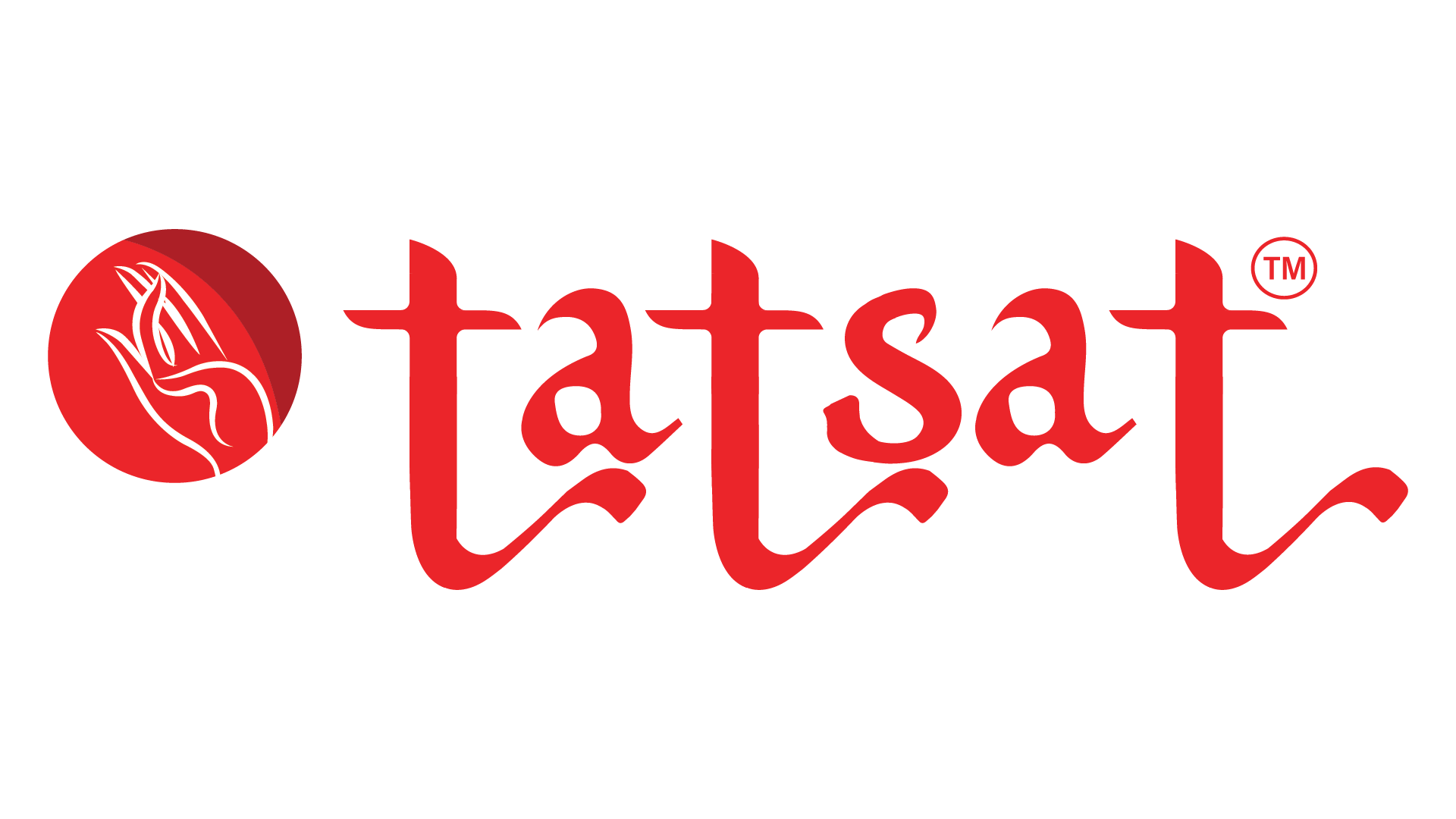Social Sector Education
Tatsat FoundationTM has carved out a unique niche for itself, being the only non-governmental organisation in India that is committed to transforming social-sector education. Despite being the biggest expenditure head in the Union Budget, the social sector remains bereft of specialised manpower to deliver the services. For the FY 2021-22, the social sector spend will be a whopping 8.8 percent of Gross Domestic Product (GDP). Out of this, the education sector alone accounts for 3.5 percent of GDP.
The last-mile delivery in some of the most critical sectors such as health, children’s nutrition, safe drinking water, sanitation and personal hygiene, and food security, among others, are provided by people engaged in this sector. Yet, majority of the workforce lacks professional or specialised education and training in this sector. Given the entire social sector is highly unstructured and unorganised, we at Tatsat FoundationTM firmly believe that this gap between education and training needs to be addressed urgently.
Our Social-Sector Education and Education for People With Disability projects intends to achieve precisely that by providing a structured framework for education, training and certification.




